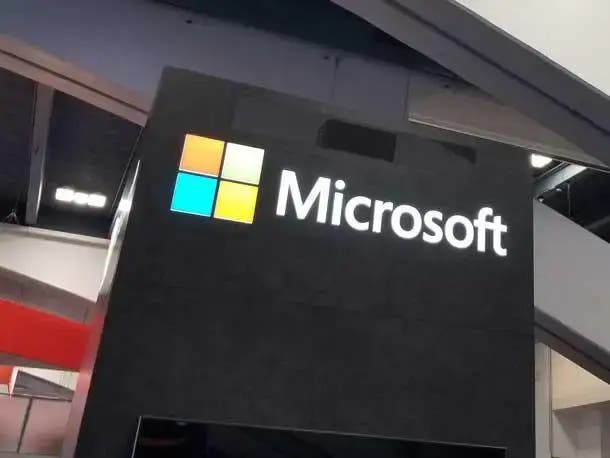Microsoft Innovates AI PC Recall Feature with Enhanced Security
In an exciting announcement, Microsoft is set to roll out significant updates to its AI PC Recall feature aimed at improving security and user control. Yusuf Mehdi, Microsoft’s executive vice president and consumer chief marketing officer, emphasized the company’s commitment to user privacy, stating, “We’ve taken some important steps to secure your snapshots and then put you in complete control.” This promising development is slated for availability to Windows Insider Program members this October.
Opt-In and Control
One of the standout features of the updated Recall system is its opt-in nature. Users will have to actively enable Recall for their snapshots to be created and stored. If users choose not to turn it on, their data remains untouched. Additionally, a settings option will be available for users to completely remove Recall if they prefer.
“We’ve taken some important steps to secure your snapshots and then put you in complete control,” Mehdi reiterated, highlighting the user-centric approach adopted in the new design.
Enhanced Security Measures
For Recall to function, your Microsoft device must meet specific security requirements. These include BitLocker (Windows 11 Pro) and Device Encryption (Windows 11 Home) with the Trusted Platform Module (TPM) security chip. Moreover, devices must be equipped with virtualization-based security (VBS), among other security features.
Microsoft has invested considerable effort into ensuring Recall’s security. This includes design reviews and extensive penetration testing by their Microsoft Offensive Research and Security Engineering team (MORSE), alongside assessments from third-party security experts.
New Privacy Features
To further enhance security, users must authenticate using Windows Hello for every Recall action. This ensures that sensitive data—like passwords and credit card numbers—aren’t inadvertently captured. By tapping into Microsoft Purview’s information protection library, Recall will intelligently identify and safeguard sensitive information.
The Recall feature grants users customizable privacy controls. You can opt to delete individual snapshots, perform bulk deletions, or even limit storage to specific timeframes or applications. Notifications will appear in the system tray for added transparency, allowing users to pause the snapshot process at will.
No More Worries About Private Browsing
Users can rest assured that Recall won’t save snapshots when they engage in private browsing modes across supported web browsers. You can also set preferences for how long to retain snapshots and how much disk space to allocate for them.
Importantly, Recall snapshots are stored locally with no external access from Microsoft, third parties, or other Windows users. This commitment to privacy is integral in fostering user trust.
Leveraging VBS Enclaves for Data Protection
At the core of Recall’s security framework is the VBS Enclave. This secure environment allows encrypted data handling while keeping sensitive operations away from potential security threats. Enclaves utilize zero-trust principles, ensuring that only authorized requests can access the data, and continuously tighten security to prevent unauthorized access.
The Recall feature debuted in May during the introduction of Microsoft’s Copilot+ AI PCs. Initial concerns over constant screen captures led to enhancements, moving from a preview launch to an available feature in October.
Conclusion and What’s Next
As Microsoft continues to innovate, recent additions to its AI capabilities underline a commitment to security. With enhancements like real-time correction in Azure AI and new inferencing features, it’s clear that Microsoft is serious about creating robust AI systems. The AI Buzz Hub team is excited to see where these breakthroughs take us. Want to stay in the loop on all things AI? Subscribe to our newsletter or share this article with your fellow enthusiasts.




